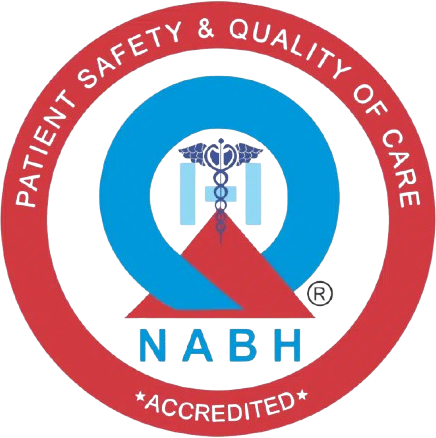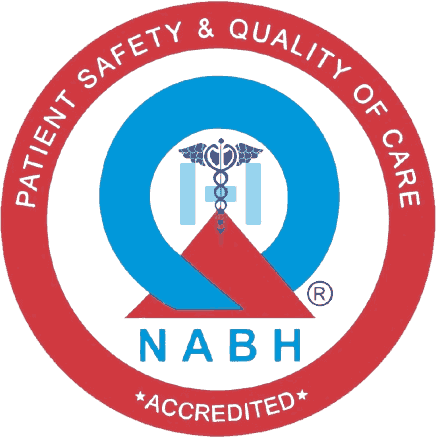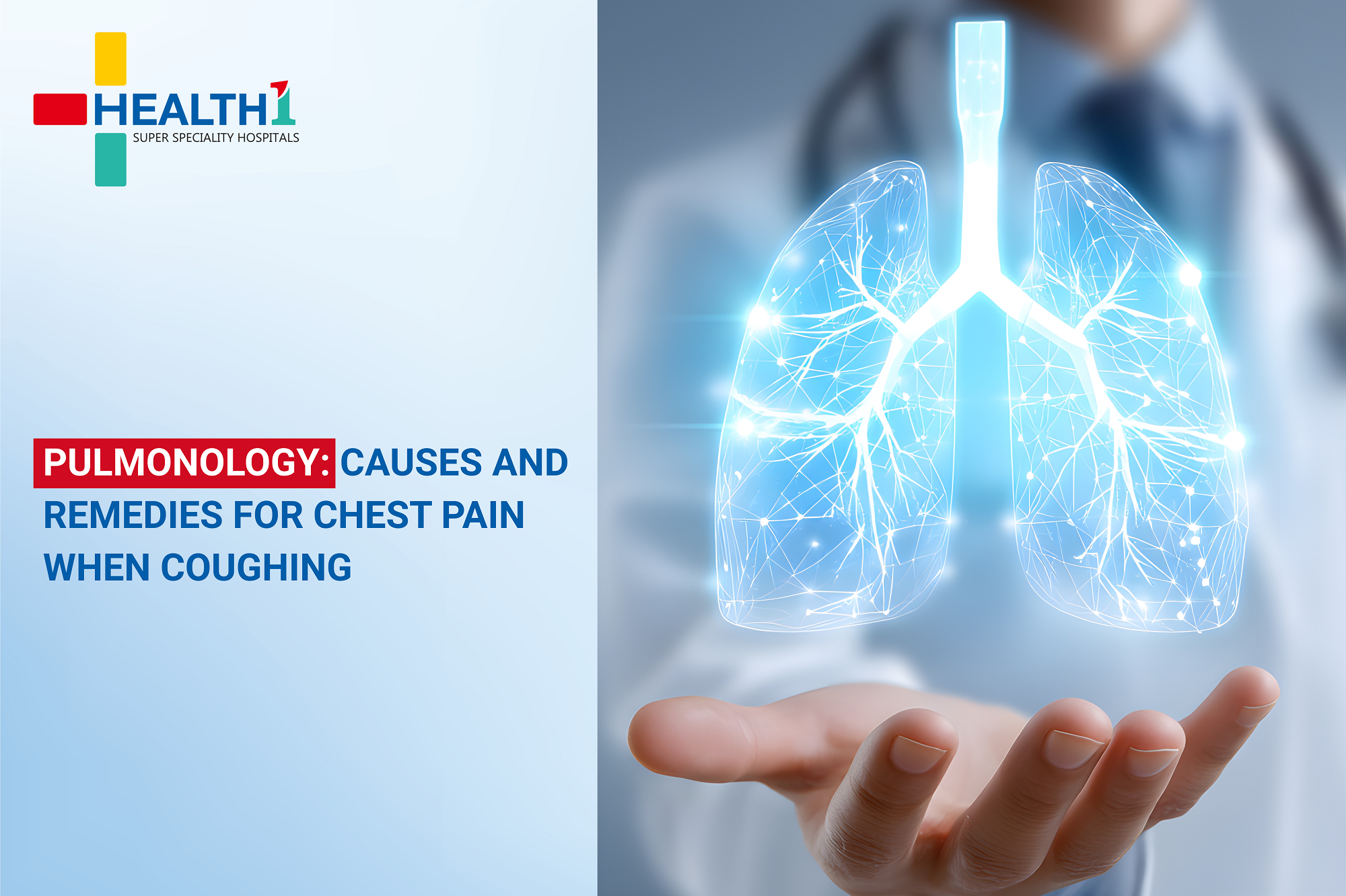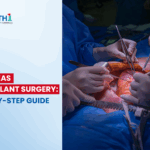Chest pain during coughing is often distressing and uncomfortable, and it usually leads individuals to be concerned about underlying health conditions. In pulmonary critical care, the symptom is addressed seriously because it can be attributed to anything ranging from a mild illness to more intricate respiratory or cardiac issues. Knowing what causes this pain and having the best treatment options is important so that patients can deal with the situation in a timely manner and avoid developing complications.
Why Coughing Can Cause Chest Pain
Coughing is the body’s natural way of clearing mucus, dust, and irritants from the airways and lungs. The severe chest muscle contractions of coughing, though, can cause pain if the chest muscles, rib cage, or lung tissue have become irritated or damaged. The pain will often disappear in most instances, but in others, it may signal an underlying serious issue that requires the patient to be seen immediately by a pulmonology expert.
It’s important to remember that chest pain during coughing isn’t necessarily due to lung issues alone—it can also include the heart, muscles, or even conditions related to nerves. Medical professionals trained in Pulmonary Critical Care make sure the precise cause is determined.
Common Causes of Chest Pain When Coughing
- Respiratory Infections
These include conditions like bronchitis, pneumonia, or viral flu that can irritate the airways and make each cough more forceful, leading to pain. - Asthma and Allergies
Asthma leads to a narrowing of airways, which can cause tightness or discomfort when coughing. Allergic conditions can have the same effect through irritation of the respiratory tract. - Pleurisy
Inflammation of the lung covering membrane may result in sharp pains when coughing, deep breathing, or sneezing. - Muscle Strain
Repetitive or abnormally forceful coughing strains intercostal muscles between the ribs and causes localized tenderness. - Chronic Lung Diseases
Diseases such as COPD or pulmonary fibrosis can cause coughing pain because there is continuous damage to lung tissue. - Cardiac Concerns
Occasionally, coughing chest pain may be attributed to heart-related complications and hence needs to be excluded.
When to Get Immediate Medical Care
Pain that is mild and relieved with rest would not be severe, but pain in the chest accompanied by warning signals such as fever, breathlessness, dizziness, or cough with blood needs urgent attention. A Super Specialty Hospital in Ahmedabad or a well-facilitated hospital in Gandhinagar can give prompt diagnostic services to treat these conditions.
Effective Remedies for Chest Pain on Coughing
1. Rest and Adequate Hydration
Allowing your body to recover is key. Proper hydration thins mucus to make it simpler to cough up without straining chest muscles.
2. Warm Compress Placement
Placing a warm compress on the chest might help lower inflammation and unwind tight muscles, making them more comfortable.
3. Steam Therapy
Breathing warm steam may dampen dry airways, loosen mucus, and lessen the severity of coughs.
4. Over-the-Counter Pain Relievers
Type simple painkillers such as acetaminophen or ibuprofen will give temporary relief but are to be taken with the advice of a doctor.
5. Medications Prescribed
The type of treatment in case of infections will be antibiotics or antivirals. In case of asthma or COPD, inhalers or medication regimen changes may be required.
6. Pulmonary Rehabilitation
Chronic lung patients can be helped through structured rehabilitation programs aimed at strengthening the lungs and decreasing cough frequency.
Advanced Pulmonology Support
These hospitals provide holistic care, integrating pulmonology with other specialities for precise diagnosis and proper treatment. For example, super speciality centres in radiology can utilise sophisticated imaging to diagnose the underlying cause of chest pain.
In certain exceptional cases, when structural lung issues are found, minimally invasive procedures like Robotic Surgery in Ahmedabad may be employed to enhance patient prognosis. Pulmonology departments also collaborate with intensive care and pulmonary critical care departments in managing serious respiratory conditions with efficiency and urgency.
Prevention Tips
- Strengthen Immunity: Eat a balanced diet, exercise regularly, and sleep well.
- Avoid Irritants: Avoid exposure to smoke, pollution, and strong chemical odors.
- Manage Chronic Illness: Stick to medications for asthma, COPD, or allergies to minimize flare-ups.
- Practice Hygiene: Wash hands frequently and wear a mask in public places to avoid respiratory infections.
- Stay Vaccinated: Receive flu shots and pneumonia vaccines as recommended by your physician.
Conclusion
Cough-induced chest pain cannot be neglected, as it can range from a trivial muscle strain to an indication of severe lung or heart disease. Early diagnosis and a proper care plan can be the difference between life and death. With state-of-the-art Gandhinagar hospital facilities to specialty units in a super specialty hospital in Ahmedabad, contemporary healthcare makes patients accessible to quick, accurate, and efficient solutions.
If cough-induced chest pain persists or gets progressively worse, have an urgent medical evaluation by a pulmonologist or pulmonary critical care physician. Treating the underlying cause early on not only alleviates pain but also safeguards long-term lung function.








